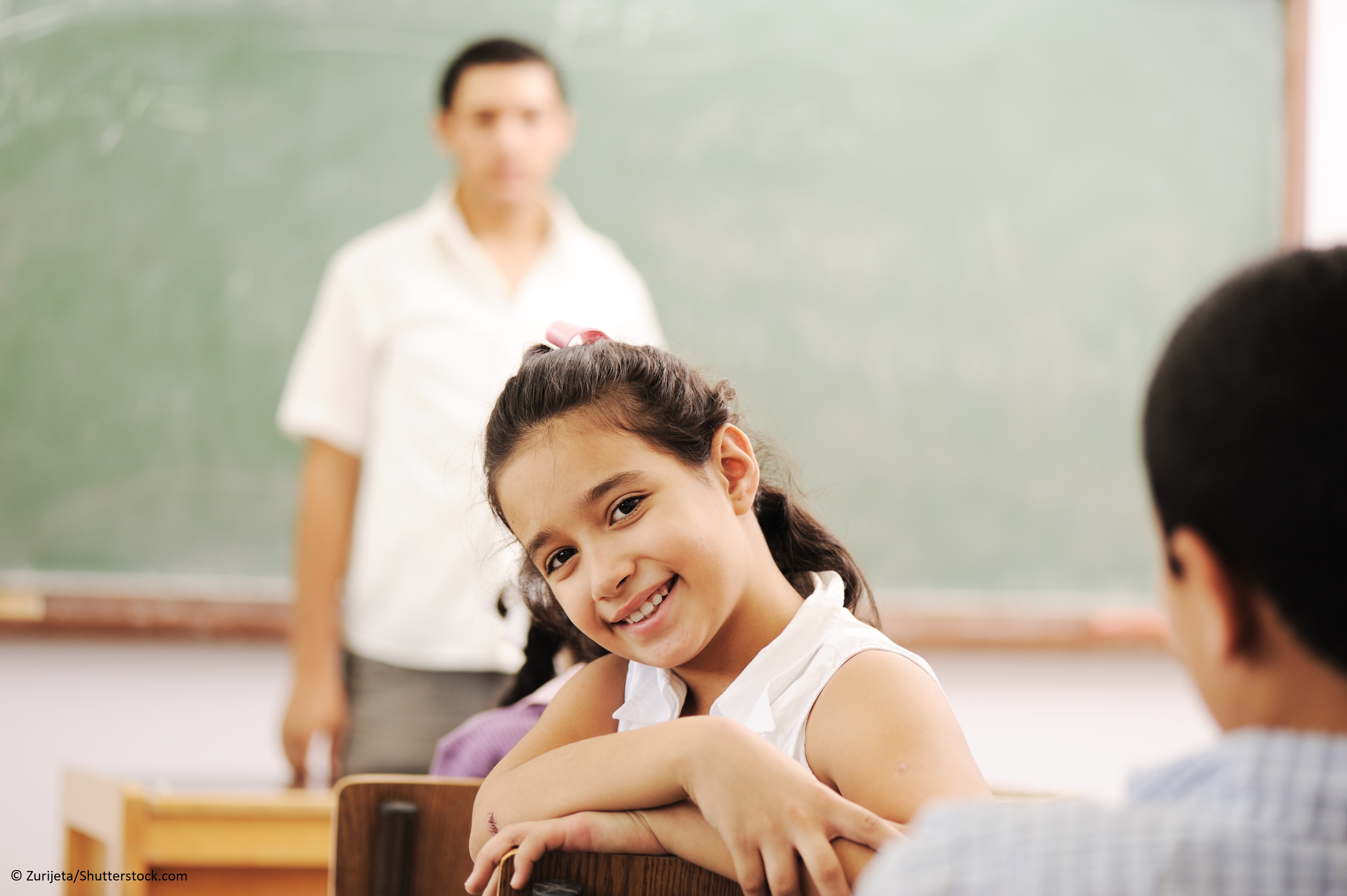العودة

UNESCO participates in launching the “Teacher of the Future” course in Amman
المعلّمون والمعلمات
2022 - 08 - 29
“The course is designed to respond to the important needs for in-service training in the Arab Region in light of forward-looking concepts of approaches to learning and teaching”.

In the context of regional cooperation among UN development partners, UNICEF MENARO and UNICEF Jordan country office extended an invitation to UNESCO and other agencies to attend a webinar on 28 July 2022 to launch a teacher professional development course, titled “Teachers of the Future”.
UNICEF kicked off the event by providing some background information on the course, which was developed in cooperation with the Education Development Trust (EDT) and is divided into three units:
Unit 1: Effective Teaching for Learning.
Unit 2: Effective Remote Teaching for Learning.
Unit 3: Effective Blended Teaching for Learning.
EDT consultants (Helen West and Alison Borthwick) then explained the course structure and content extensively while emphasizing on its added value. They also invited teachers to share their experiences with the Course material within the framework of the Training of Trainers (TOT) pilot exercise conducted in Jordan.
The course is based on state-of-the-art research on what works and why, and on evidence with regard to quality teaching and learning. It synthesizes various approaches for teachers to enhance their competencies in providing quality teaching and learning for all in the context of teacher continuous professional development. It reflects the belief that teachers can best learn and become reflective practitioners if “learning about…” is combined with “learning by doing” and “learning by reflecting”, and if teacher preparation is designed to respond to the important needs for in-service training in the Arab region in light of forward-looking concepts of learning and teaching approaches.
While the course is generic by nature, it can also be turned into subject-specific training through linking theory to a specific field (or specific fields) of learning.
Although the duration of the course is 120 hours, trainees can opt for taking the core and intermediate levels only, without undertaking the advanced level.
It is also important to note that supporting documents (Facilitator’s guide; Participant’s guide; and Contextualized guide) have been developed to help beneficiaries utilize the course.
In the course of the discussion, questions were raised about who should teach the Course; how to advocate for more time for continuous professional development; and what incentives could be envisaged to encourage teachers to enroll and complete the Course in a sustainable way.
Invaluable inputs and feedback were exchanged and will inform the Course editing process. At this stage, a Course flyer has been published to promote the Course and inform and mobilize potential audiences. The final version of the Course will later be published by UNICEF.
The conversation then shifted to other agencies’ initiatives and activities. UNESCO Beirut shared the UNESCO ICT Competency Framework for Teachers and other customized courses that UNESCO developed across different regions, especially following the COVID-19 crisis. Participants agreed that there should be more synergies between the “Teacher of the Future” course and the UNESCO ICT Framework for Teachers, especially considering that teachers who enroll in continuous professional development may have different levels of ICT mastery.
Other partners and participants also shared some of their main focuses, such as training teachers on inclusive education (GIZ), training teachers through subject-based networking (Queen Rania Teacher Academy), and training teachers via dedicated communities of practice (UNRWA).
It is hoped that UNICEF and UNESCO cooperate in future events to share more about their existing teacher-related resources and explore means to enhance synergies among them for the benefit of users.
أحدث المنشورات
القائمة الكاملةاليونسكو
المستقبل على المحك: لماذا الاستثمار في التعليم أمر بالغ الأهمية؟
يسلط هذا التقرير، الذي أعدّته اللجنة التوجيهية الرفيعة المستوى المعنية بالهدف الرابع من أهداف التنمية المستدامة (SDG4) بالتعاون مع الشراكة العالمية من أجل التعليم (GPE) ونُشر في عام 2024، الضوء على الحاجة المُلِحّة لتعزيز الاستثمار في التعليم كوسيلة أساسية لمواجهة التحديات العالمية، بما في ذلك تغيّر المناخ، والتطورات التكنولوجية، والتحوّلات الديموغرافية.
اليونسكو
المدن العربية تتألق في جوائز مدن التعلم لليونسكو لعام 2024
تُحرز المدن العربية تقدمًا كبيرًا في مجال التنمية المستدامة والتعلم مدى الحياة، مع تركيز متزايد على إنشاء بيئات تعليمية شاملة تُسهم في تحقيق الأهداف التنموية المحلية والعالمية. وقد احتفلت جوائز مدن التعلم لعام 2024، التي تُمنح من قِبَل اليونسكو، بهذه الجهود، مبرزةً المدن العربية التي تميزت في بناء مجتمعات تعليمية.
اليونسكو
مؤتمر اليونسكو العالمي الثالث للموارد التعليمية المفتوحة: تعزيز الوصول الشامل إلى المعرفة
انطلق مؤتمر اليونسكو العالمي الثالث للموارد التعليمية المفتوحة (OER) في 19 نوفمبر/تشرين الثاني 2024، في مركز دبي التجاري العالمي في دولة الإمارات العربية المتحدة، ليكون المرة الأولى التي يُستضاف فيها هذا الحدث في العالم العربي. نظّم مؤتمر اليونسكو بالتعاون مع مؤسسة محمد بن راشد آل مكتوم للمعرفة (MBRF)واستقطب أكثر من 500 مشارك ومشاركة من نخبة القادة العالميين، وصنّاع السياسات، وممثلي المؤسسات التعليمية، بما في ذلك وزراء، وأكاديميون، وخبراء من القطاع الخاص. وتركّزت المناقشات على مدار يومين حول تعزيز الاستفادة من الموارد التعليمية المفتوحة والتقنيات الناشئة، بهدف تحقيق وصول عادل وشامل إلى التعليم، وتقليص الفجوة الرقمية على الصعيد العالمي.
اليونسكو
الأمم المتحدة تحتفي في شهر ديسمبر/كانون الأول بحقوق الإنسان، والأشخاص ذوي الإعاقة، واللغة العربية
تُحيي الأمم المتحدة في شهر ديسمبر/كانون الأول ثلاث مناسبات بارزة تُعنى بحقوق الإنسان، وبحقوق الأشخاص ذوي الإعاقة، وباللغة العربيّة، ممّا يجعل هذا الشهر فرصةً عالميّةً للتفكير والعمل. وتقود اليونسكو الجهود لتعزيز التعليم الشامل، وحماية حقوق الإنسان، والاحتفاء بالإرث الثقافيّ واللغويّ للّغة العربيّة، من خلال سلسلة من الفعاليات والمبادرات.